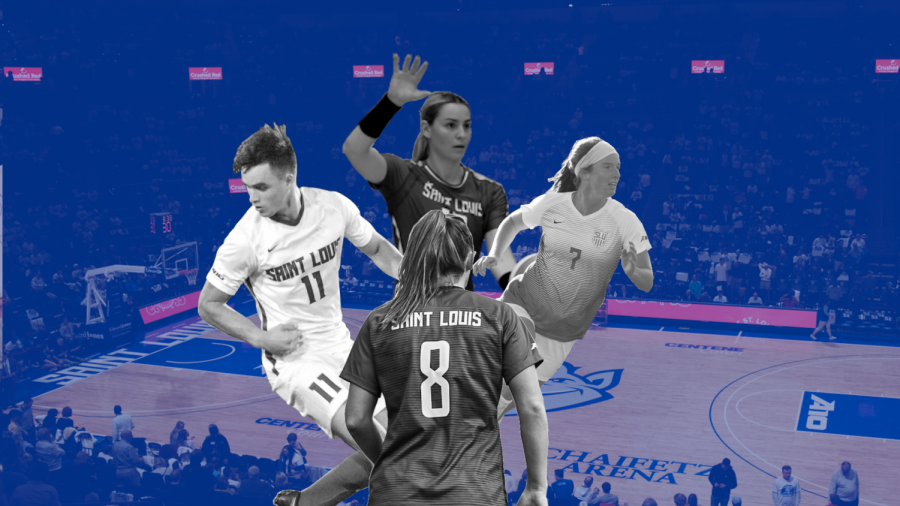Shortly before the beginning of the 2012 Major League Baseball season, fans were treated to another little Turkish delight from the often witch-like mind of commissioner Bud Selig: an additional Wild Card team from each league. The addition of the teams was collectively bargained last year, but Selig had been tossing around the sweet morsel of an idea for years.
At first brush, it seemed genius. After all, professional hockey and basketball both bring eight teams from each conference for a total of 16. The MLB was stuck in the 1800s and Selig wanted to introduce more competition. But this is not the way to do it. The new playoff format is an insult to fans and players alike.
Under the new rules this year, one extra team made the playoffs (your St. Louis Cardinals!). This team counts as a second wild card. In order to determine which team will face a division winner, the two wild cards face each other in a one-game playoff. The winner goes on and the loser goes home.
Not many people got riled up about simply including two extra teams. The real issue is the one-game playoff that decides the fate of an entire 162-game season. As Atlanta Braves third baseman Chipper Jones put it, “I think it’s stupid.”
Baseball has always appealed to the statistic nerd lurking deep within all of us. The season is long and the sample size is grotesquely large (but that’s for another commentary). “The cream rises to the top,” as the cliché goes.
A one-game playoff flies in the face of all that and throws away a seasons’ worth of careful scouting, planning and playing. Teams accustomed to playing in a series and battling through the dog days of summer are thrown into an arbitrary one-game gauntlet.
Because of human error and baseball’s archaic anti-replay laws written on stone tablets, umpires decide a game or two throughout the season. A team might have an off day (even during the playoffs) or make several errors. But teams train to get past these games because they are small drops in a 162-game bucket.
The one-game playoff removes all ability of the teams to play past anomalies like blown calls and fielding errors. Any of those problems might sway the one-game playoff just like any regular season game. Unlike a regular season game, however, it really is game over, season over.
We all know the story by now: on Friday the Cardinals played the Braves in the National League’s Wild Card game. In that game the Braves committed three errors, despite being the best fielding team in the league. Also in that game, an umpire made a judgment call on an in-field fly call that many labeled as questionable, to censor a few Georgians.
That fielding performance and that umpiring incident were not exemplary of an average game. They were anomalies, which hadn’t appeared together in 162 games worth of data. Even so, they both contributed to a team’s season ending.
Most outside of St. Louis would agree- it wasn’t right. The fans in Atlanta certainly let everyone know what they thought. Irate over the lackluster ending to their hero, Chipper Jones’, career, Braves fans threw trash and debris onto the field during and after their loss to the Cardinals.
In a bit of irony, Jones did manage to reach base on yet another blown call from the umpires in the bottom of the 9th inning.
Meanwhile, in Arlington, Texas, the Rangers played the Baltimore Orioles in the other wild card game. The Rangers had been having a rough two weeks at the end of the season, blowing a four-game division lead in the final nine games. After spending every day of the regular season in first place, they lost their division by one game on the last day, and had to compete in the one-game playoff. Baltimore went on to eliminate Texas, sending them home for good after an unfortunately timed two-week slump.
The one-game playoff simply does not work for baseball. Under different circumstances, the additional wild-card team is a brilliant move. The two wild card teams should play each other in a best-of-three series. The team that wins two games first would go on to face the best team.
Just a few slight changes will improve the game and keep the bitter taste of baseball injustice out of the mouths of the competitors and fans. Unfortunately for the Braves and the Rangers, the sour aftertaste will be an entire season long.
For now though, St. Louisians can enjoy the sweet justice of another Red October.















